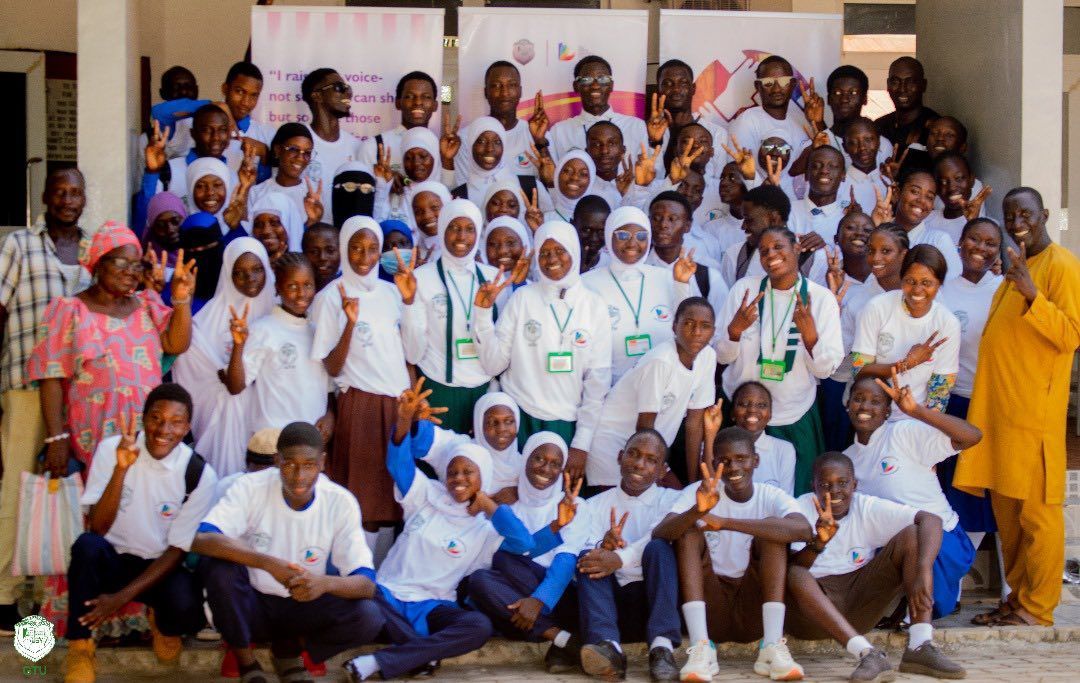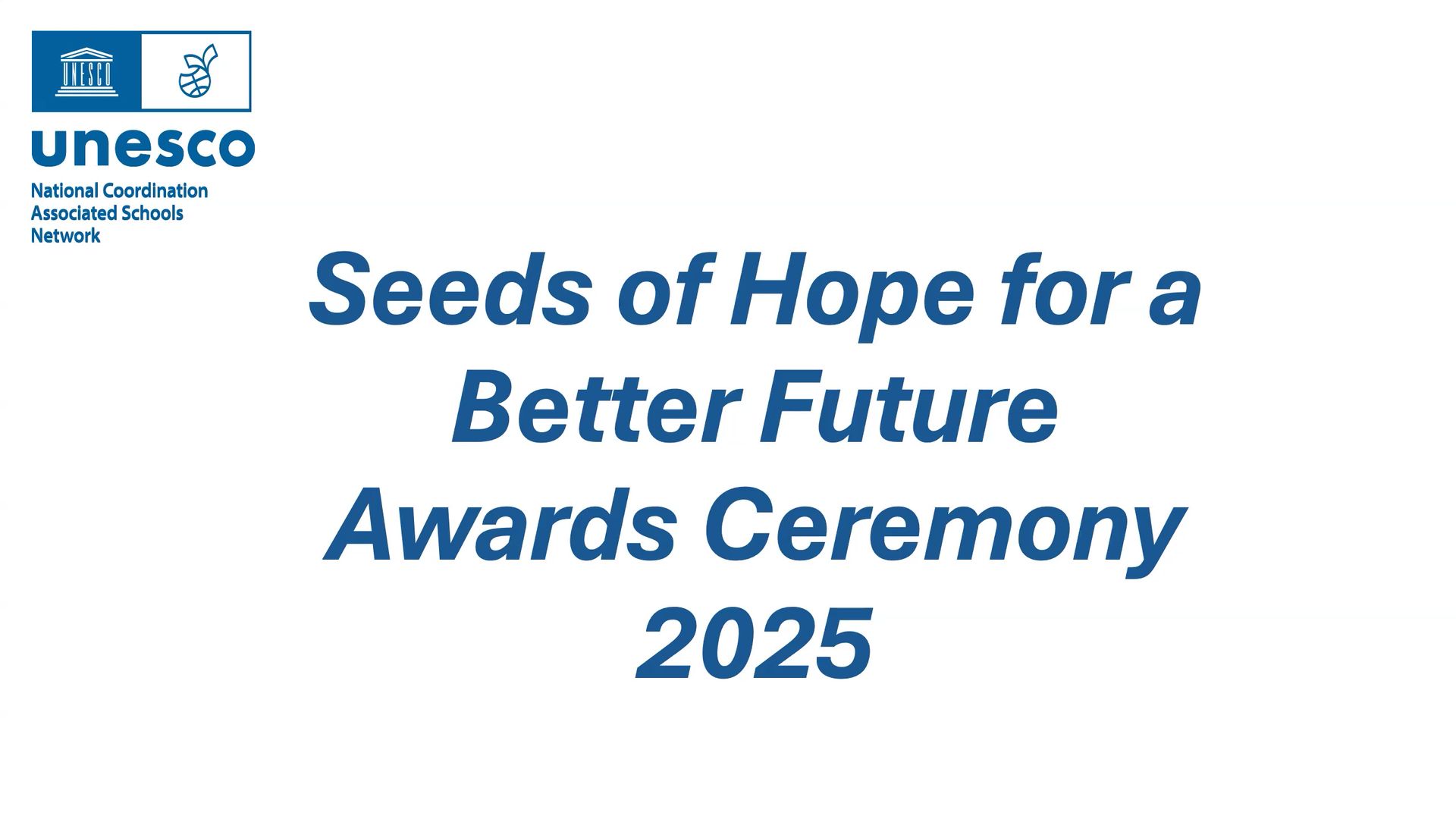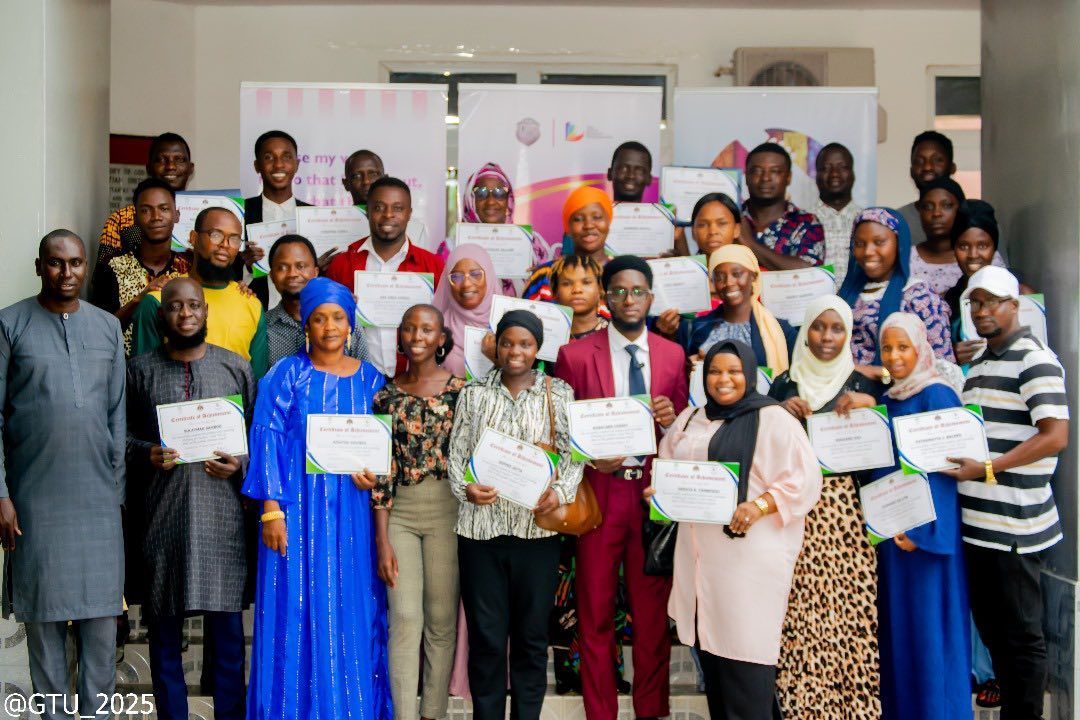Inspiration for your human rights artworks from Myah Jeffers
Inspiration from artist Myah Jeffers, for our global competition that platforms youth voice on human rights - The World I Want To Live In: Human Rights Education - Learning through Creating. Remember to enter by the 1st June.
Myah Jeffers is a Barbadian-British award-winning documentary and portrait photographer, dramaturg and director, living in London and working across the UK and internationally.
How Often Do You Truly See Yourself?
How often do you look in the mirror?
How often do you study the details of your face, by taking in every intricate detail?
How often do you look into your own eyes and experience the power of your own gaze?
How often do you allow yourself to deeply consider your desires, fears, achievements, and insecurities?
How often do you truly see yourself?
For the past five years, I’ve used portrait and documentary photography as a tool to tell socially, culturally, and politically rich stories. To document truth. Part of the reason why I decided to become a photographer, was the opportunity to intimately study a person and to mutually engage in a vulnerable practice.
I always seek to create an environment where the person I’m photographing feels comfortable enough to share themselves in their entirety. To allow themselves to be seen. By acknowledging someone’s existence through taking their portrait, I’m able to honour the truth of who they are at that moment. Documentation is incredibly important because it also allows me to show people how I see them, which can often help them to further understand themselves.
However, I recently realised that I wasn’t doing the same thing for myself. I wasn’t giving myself space to honour my truth or to see myself for who I was. I began to understand that truly seeing yourself helps to gain a deeper sense of empathy for not only yourself but also for others. Empathy has the power to revolutionise our personal relationships, as well as combat inequality, prejudice, and conflict.
The dots were beginning to connect. Standing up for justice has always meant using photography as a weapon against racism, classism, sexism, etc, but I began to realise that it also meant understanding who I was within that context. So, I decided to set myself a challenge. A challenge that would make me extremely uncomfortable and vulnerable, but a challenge I knew I had to take. I gave myself the task of taking a series of selfportraits.
Below is an image from the self-portrait series, using a technique called multiple exposure. I wanted to capture the moments when I have felt overwhelmed by life and instead of drowning under that weight, I decided to acknowledge those vulnerable parts of myself. This helped me to further understand those closest to me, who were also dealing with difficult emotions. It led
to a deeper sense of empathy for myself and others.

I now challenge you to take a step towards truly seeing yourself, in whatever way you feel is right for you.
The challenge is to take a self portrait and think about the following things:
- How will you set up your space?
- Will it just be your face, half body or full body?
- Will you hold the phone or set it on timer?
- What props will you use? If any?
- What type of light will you use? A lamp? Natural light from window? Fridge light?
- Will you look at the camera or away from the camera?
- What story are you trying to tell with this image?
Good luck! And remember to acknowledge all of the vulnerable or difficult parts of you.
Find out more about Myah Jeffers work here: www.myahjeffers.com
(Taken from our Human Rights competition resource pack)




